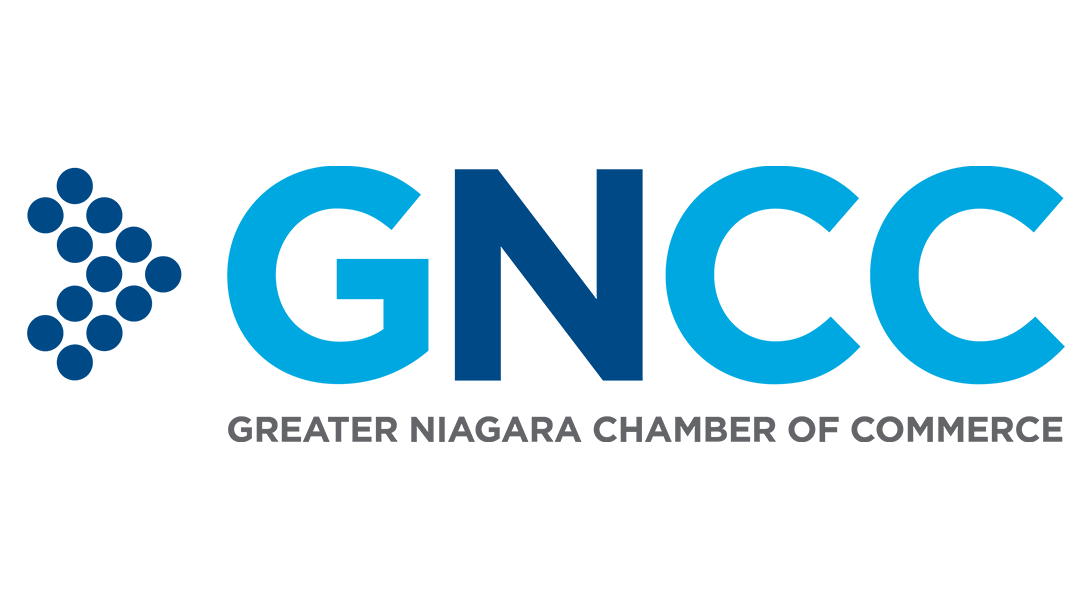
Vital updates:
- Jeff Yurek, Minister of the Environment, Conservation and Parks, and Bill Walker, Associate Minister of Energy, joined representatives from Enbridge and Walker Industries in Niagara Falls today to formally announce the Niagara Falls Renewable Natural Gas plant, which will be the largest of its kind in Ontario and will generate enough clean renewable energy from landfill waste to heat 8,750 homes across the country and reduce greenhouse gas emissions by 48,000 tonnes. The innovative Niagara facility will transform landfill waste into clean energy. This is achieved by capturing biogas generated by decomposing organic waste and transforming it into renewable natural gas.
-
Today, Prabmeet Sarkaria, Associate Minister of Small Business and Red Tape Reduction, announced Ontario’s Main Street Recovery Plan and intends to introduce the Main Street Recovery Act, 2020, proposed legislation that would support small businesses and modernize rules to allow them to innovate and meet the challenges of today. If passed, the act will remove hurdles faced by small businesses and allow them to pursue new opportunities — while maintaining or enhancing protections for public health, safety and the environment.
The plan includes:
- A one-time grant of up to $1,000 for eligible main street small businesses — in retail, food and accommodations, and other service sectors — with two to nine employees to help offset the unexpected costs of personal protective equipment (PPE);
- Ontario’s Small Business COVID-19 Recovery Network, which links 47 Small Business Enterprise Centres across the province as places where small businesses can access tailored advice and information on local, provincial and federal programs;
- Digital Main Street Squads to help small businesses grow online;
- Mental health supports for families, frontline workers, young people, children, and Indigenous communities;
- Ontario’s Small Business Recovery Webpage to provide single window access to small business supports.
The plan’s regulatory and legislative changes, if passed, will:
- Commit to exploring options to permanently allow licensed restaurants and bars to include alcohol with food as part of a takeout or delivery order before the existing regulation expires;
- Permanently allow 24/7 deliveries to businesses that include retail stores, restaurants, and distribution facilities;
- Support the distribution of local food and food products by increasing the range of products sold at the Ontario Food Terminal;
- Enable Community Net Metering demonstration projects to help support local communities to develop innovative community projects like net-zero or community micro-grids;
- Modernize the Assistive Devices Program;
- Support Ontario’s Taxi and Limousine Industry by increasing fines for illegal operators.
- The GNCC has added downloadable COVID-related guidelines, templates, posters, and other downloadable resources for businesses to its website. These free resources are accessible at gncc.ca/covid-19/resources-and-subsidies/.
Reading recommendations:
- Watching Friday’s jobs data for the dreaded K-shaped recovery, Don Pittis, CBC News
- Why trade restrictions must be eliminated during COVID-19’s second wave, Kristen Hopewell, Joshua Tafel, The Conversation
If you are showing symptoms, contact your health care provider, call the Public Health Info-Line at 905-688-8248, or chat to Public Health online. For testing, call 905-378-4647 ext. 42819 (4-CV19) for information on test centres in Niagara and to book an appointment.
Remember that a COVID-19 test is only a snapshot of your health on the specific date and time the swab was taken. No testing is perfect and a negative result doesn’t mean you haven’t been exposed to COVID-19. You can still develop symptoms days after your test was taken.
It is important that everyone practice physical distancing to prevent the spread of COVID-19. Maintain a 2-metre distance from other people. When maintaining distance is impossible, wear a mask or face covering. Wash hands frequently and thoroughly. Avoid touching the face. If you have recently traveled outside the country, you are legally required to self-isolate for 14 days.
Previous updates can be accessed here.
Stay safe and be vigilant. The GNCC is here to support you. Contact us with any questions you have.




